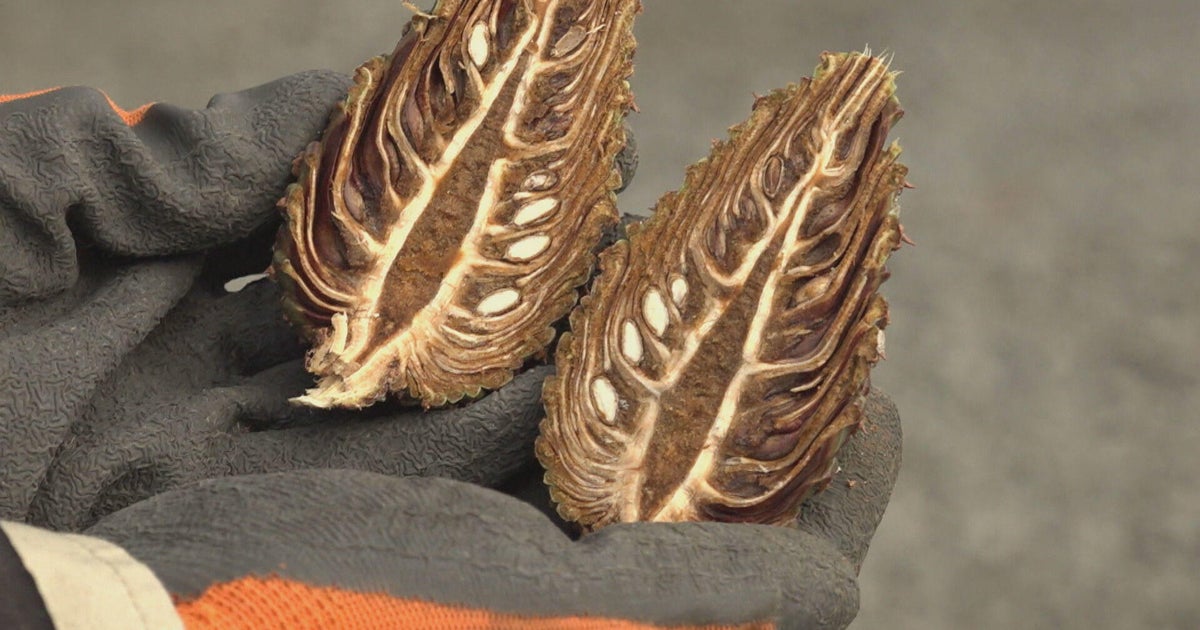Meet the startup "growing" mushroom caskets and urns to "enrich life after death"
When it comes to matters of life and death, there may be a missing key ingredient of conversation: mushrooms.
A new startup has found that fungi can go beyond filling people's plates while they are alive. They can also be used to take care of their bodies once they're dead. The company, Loop Biotech, is "growing" coffins and urns by combining mycelium – the root structure of mushrooms – with hemp fiber.
The founders of the company say they want to "collaborate with nature to give humanity a positive footprint," a goal that is difficult to achieve with today's common burial practices.
A study published last year in Chemosphere, a peer-reviewed scientific journal, found that cemeteries can be potential sources of soil and water contamination, with people in urban areas that live close to packed cemeteries are most at-risk of those effects. Heavy metals are among the pollutants that can leach into the soil and water, the study found.
And even if people opt for cremation, that process emits "several pollutants," including carbon monoxide, nitrogen oxides and sulfur dioxide, the authors of the study said.
Shawn Harris, a U.S. investor in Loop Biotech, told the Associated Press that the startup is a way to change that situation.
"We all have different cultures and different ways of wanting to be buried in the world. But I do think there's a lot of us, a huge percentage of us, that would like it differently," he said. "And it's been very old school the same way for 50 or 100 years."
Loop Biotech offers three options, all of which they say are "100% nature" – a "Living Cocoon" that looks like a stone casket, a "ForestBed," which they say is the "world's first living funeral carrier" that looks like a thin open-top casket covered with moss in its bed, and an urn for those who prefer to be cremated that comes with a plant of choice to sprout up from the ashes.
All of these items, the Dutch company says, are "grown in just 7 days" and biodegrade in only 45 days once they are buried.
"Instead of: 'we die, we end up in the soil and that's it,' now there is a new story: We can enrich life after death and you can continue to thrive as a new plant or tree," the startup's 29-year-old founder Bob Hendrikx told the Associated Press. "It brings a new narrative in which we can be part of something bigger than ourselves."
Along with being more environmentally friendly than traditional burials, the products are also cheaper, ranging from about $200 to just over $1,000. A metal burial casket costs, on average, $2,500, according to the National Funeral Directors Association's 2021 report, and a cremation casket and urn combined cost an average of about $1,600. Wood burial caskets cost even more, about $3,000.
For now, Loop Biotech is making about 500 coffins or urns a month, and ships them only across Europe, the AP reported.
"It's the Northern European countries where there is more consciousness about the environment and also where there's autumn," Hendrikx said. "So they know and understand the mushroom, how it works, how it's part of the ecosystem."




